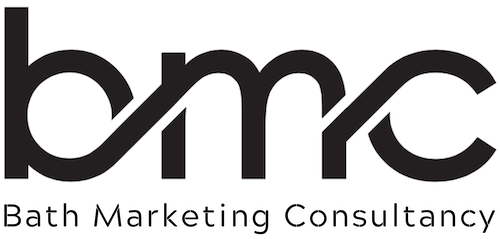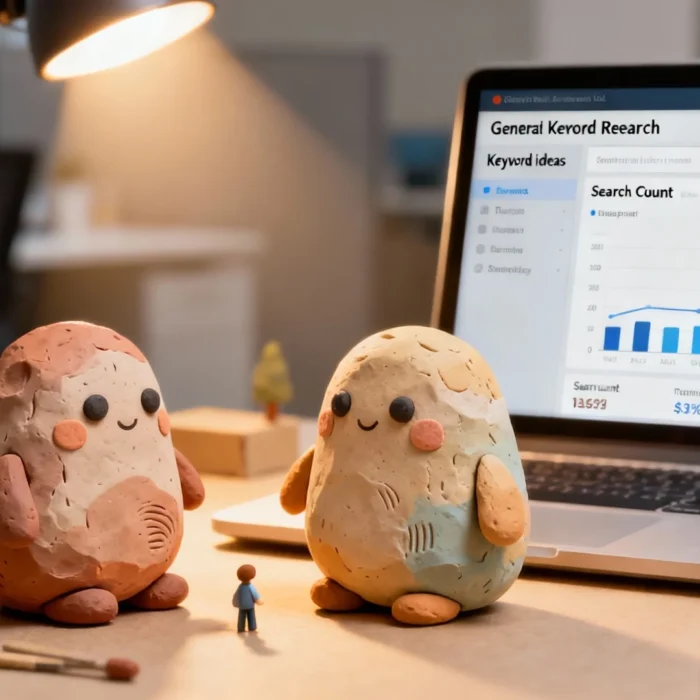In today’s competitive landscape, businesses of all sizes recognise the importance of marketing—but knowing how much external support you need can be a challenge. Should you hire a marketing consultant, rely on in-house staff, or attempt to manage everything yourself?
This article explores the role of a marketing consultancy, the benefits of working with one, and how much consultancy time is needed to make a meaningful impact on your business.
What is a Marketing Consultancy?
A marketing consultancy is an independent expert or agency that provides strategic advice, planning, and execution to help businesses improve their marketing efforts. Unlike an in-house employee, a consultant brings impartial insights, specialist knowledge, and a wider pool of resources to the table.
Typical areas of expertise include:
✔️ Digital marketing strategy (SEO, social media, content marketing)
✔️ Branding and positioning
✔️ Lead generation and customer acquisition
✔️ Campaign planning and execution
✔️ Website performance and online visibility
Rather than simply implementing tactics, a marketing consultant works at a strategic level, helping businesses cut through the noise and focus on what actually drives results.
Marketing Consultancy vs. In-House Staff
Many SMEs struggle with the question: Why hire a consultant when I could hire an employee instead? While in-house marketing teams have their advantages, a consultant often brings greater value for several key reasons:
1. Independent & Impartial Perspective
An in-house team may be too close to the business to see gaps or opportunities clearly. A consultant provides a fresh, objective perspective, helping identify inefficiencies and new growth areas that might otherwise go unnoticed.
2. Expertise & Experience
Most marketing consultants have years of experience across multiple industries, giving them deep insight into what works and what doesn’t. They’ve already tested and refined strategies elsewhere—so you don’t have to waste time on trial and error.
3. Access to Better Tools & Resources
Marketing consultants invest in specialist tools (SEO platforms, analytics software, automation tools) that small businesses typically can’t afford. Instead of paying for these tools yourself, you benefit from their expertise and access.
4. Cost-Effective & Flexible
Hiring an in-house marketer means committing to a salary, training, pensions, and benefits. A consultant, on the other hand, can be brought in for specific projects or ongoing strategy support, without the overheads of a full-time employee.
5. Economies of Scale
Consultants work across multiple clients, meaning they spread costs over several businesses. Whether it’s buying advertising, outsourcing content, or investing in tools, they often secure better deals than an SME could on its own.
How Much Time Does a Marketing Consultant Need to Be Effective?
One of the biggest misconceptions about marketing consultancy is that it’s a one-off fix. The reality is that marketing is an ongoing process, not a single event.
Short-Term vs. Long-Term Engagements
⏳ Short-Term Consultancy (Project-Based)
-
Best for specific goals like launching a website, setting up an ad campaign, or conducting a marketing audit.
-
Typically requires a few weeks to a few months of focused effort.
-
Helps businesses establish quick wins but won’t create long-term impact.
📅 Ongoing Consultancy (Strategic Growth & Digital Footprint Building)
-
Necessary for businesses looking to build and maintain a digital presence.
-
Requires at least a few hours per week or one or two days per month for continuous improvement.
-
Ensures your business is consistently visible, adapting to market changes, and generating leads.
A good rule of thumb is to commit to at least three to six months of regular consultancy to see measurable improvements in SEO, social media, and lead generation.
Why Digital Marketing is an Ongoing Process
Marketing, particularly digital marketing, is never truly “done.” Unlike traditional advertising, where you place an ad and wait for results, digital marketing requires constant refinement and engagement.
Key Areas That Require Continuous Attention:
🔹 SEO & Website Optimisation – Search engines update their algorithms regularly. What worked last year might not work today. Ongoing adjustments are essential to maintain visibility.
🔹 Social Media Engagement – Posting once isn’t enough. Consistency is key. Social media requires regular updates, audience interaction, and content creation.
🔹 Content Marketing & Blogging – Fresh, valuable content helps build authority and trust. One blog post won’t cut it—you need a consistent content plan.
🔹 Paid Advertising & Lead Generation – Digital ads need constant testing, tweaking, and optimisation to maximise return on investment (ROI).
🔹 Customer Nurturing & Email Marketing – Effective email campaigns require ongoing segmentation, A/B testing, and message refinement.
A marketing consultant ensures that all these areas are continuously monitored and improved, helping your business stay ahead of the competition.
Final Thoughts: How Much Do You Really Need?
The answer depends on your goals, resources, and internal expertise. If you already have an in-house team, a consultant can offer strategic direction and specialist support. If you have no marketing team, a consultant can fill that gap on a flexible basis.
For SMEs looking to grow sustainably, investing in a marketing consultant for a few hours per week or a few days per month can provide huge long-term value.
💡 Looking for marketing guidance tailored to your business? Bath Marketing Consultancy provides practical, results-driven consultancy to help SMEs build and sustain a strong marketing presence. Let’s talk!



